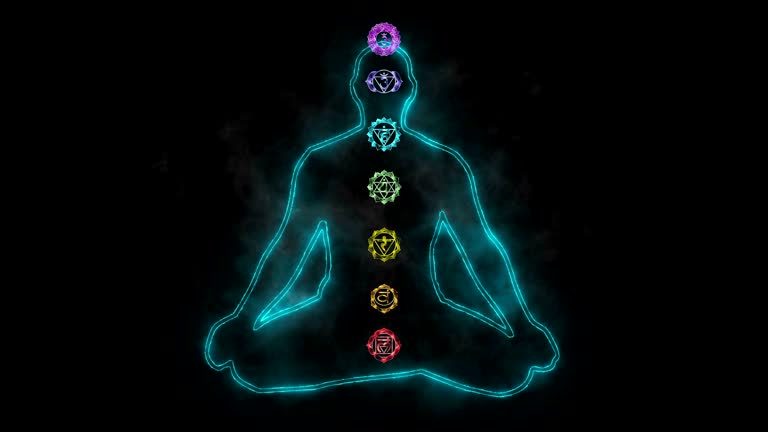Bioenergy Counseling: A Natural Path to Overcoming Alcohol Addiction?
Alcohol addiction is a complex issue that profoundly affects individuals’ physical, emotional, and social lives. While traditional treatment methods, medical interventions, and psychotherapy can be effective, in some cases, they may not be sufficient on their own. At this point, bioenergy counseling offers a natural, holistic, and complementary approach in the process of overcoming addiction.
Bioenergy: The Transformation of Energy
Bioenergy is a method aimed at balancing the body’s energy flow. The human body is surrounded by constantly changing biomagnetic fields and vibrations (Oschman, 2016). When this energy balance is disrupted, both physical and emotional problems may arise. Bioenergy therapy helps remove these imbalances, allowing individuals to rediscover their inner strength.
Alcohol Addiction and Energy Imbalances
Alcohol addiction is often linked to emotional trauma, stress, anxiety disorders, and unresolved inner conflicts (Koob & Volkow, 2016). Bioenergy sessions contribute to clearing negative energies and removing blockages in the energy field. This process enables the client to reach the emotional roots of the addiction and release their true internal burdens.
A Natural and Holistic Approach
Bioenergy counseling stands out as a natural and side-effect-free supportive method. Individuals struggling with alcohol addiction can regain their emotional balance, reduce stress levels, and enhance their life energy through these sessions. Discovering one’s own internal energy can be a powerful source of motivation in the recovery journey.
Session Process: Personalized Approaches
Bioenergy counseling is conducted through personalized sessions tailored to each individual:
1. Assessment Phase – The client’s addiction history, emotional state, and energy imbalances are identified.
2. Application Phase – Bioenergy techniques are applied to restore balance to the energy flow.
3. Complementary Methods – Aromatherapy, meditation, breathing exercises, and mindfulness practices are integrated into the process to enhance results (Field, 2010).
Future Vision: A New Beginning
Bioenergy counseling not only supports the process of overcoming addiction but also guides individuals on a journey of self-discovery. This approach aims to strengthen the client’s physical and emotional balance while improving their overall quality of life.
Conclusion
Bioenergy counseling can be considered a complementary method in the fight against alcohol addiction. With its natural, side-effect-free, and holistic approach, it can help individuals find their inner balance and break free from the chains of addiction. For those seeking a healthier and more balanced life, this method can be an important step forward.
References
- Field, T. (2010). Touch for socioemotional and physical well-being: A review. Developmental Review, 30(4), 367–383.
- Koob, G. F., & Volkow, N. D. (2016). Neurobiology of addiction: A neurocircuitry analysis. The Lancet Psychiatry, 3(8), 760–773.
- Oschman, J. L. (2016). Energy Medicine: The Scientific Basis. Churchill Livingstone.



